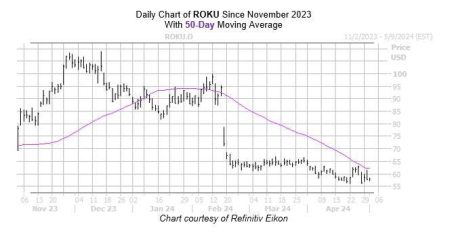The baby boom generation, the largest cohort in American history, will see 30.4 million individuals turn 65 by the year 2030. A significant portion of this demographic will rely primarily on Social Security as their main source of income during retirement. The decision of when to claim Social Security benefits is crucial, as waiting to claim can result in larger monthly checks. While retirees become eligible for benefits at age 62, waiting until full retirement age (typically between 66 and 67) will allow them to receive 100% of their earned benefits. For each year beyond full retirement age up to age 70, retirees may receive an 8% benefit increase.
Despite the potential for higher lifetime benefits by delaying the claiming of Social Security retirement benefits, a majority of new retirees opt to claim benefits before age 65, according to recent research. It is important for individuals to know their full retirement age, which signifies when they are eligible for 100% of their benefits. Currently, the full retirement age is between 66 and 67 for most retirees. Claiming benefits at age 62 results in significant penalties, with a 30% benefit cut for those turning 65. Experts emphasize the importance of understanding the implications of claiming early and the potential to maximize benefits by delaying.
When deciding the optimal time to claim Social Security benefits, retirees should consider factors beyond just the size of their monthly checks. This includes the impact on their lifetime benefits, protection against longevity, immediate financial needs, and the benefits that a spouse or dependents may receive. While only around 8% of beneficiaries delay claiming until age 70, it can significantly impact their financial security in retirement. Those who cannot delay claiming for years can still benefit from even a few extra months of delaying, as it can result in a higher lifetime benefit income.
There have been calls for changes in the terminology surrounding Social Security claiming ages. Some senators are advocating for “early claiming” to be called the “minimum benefit age” to better communicate the reductions that come with claiming at age 62. Additionally, there is a proposal to change the term “full retirement age” to “standard benefit age” and refer to age 70 as the “maximum benefit age.” By clarifying the language around claiming ages, individuals may have a better understanding of the implications of their decisions on their benefits.
It is crucial for individuals approaching retirement to carefully consider when to claim their Social Security benefits in order to maximize their financial security. While the decision to delay claiming until age 70 can result in higher benefits, even delaying for a few months can increase lifetime benefit income. Given that Social Security benefits are often a significant source of guaranteed income for retirees, making informed decisions around claiming can help protect financial stability in retirement. Consulting with financial planners and utilizing available resources can help individuals make the best choices regarding Social Security claiming.














